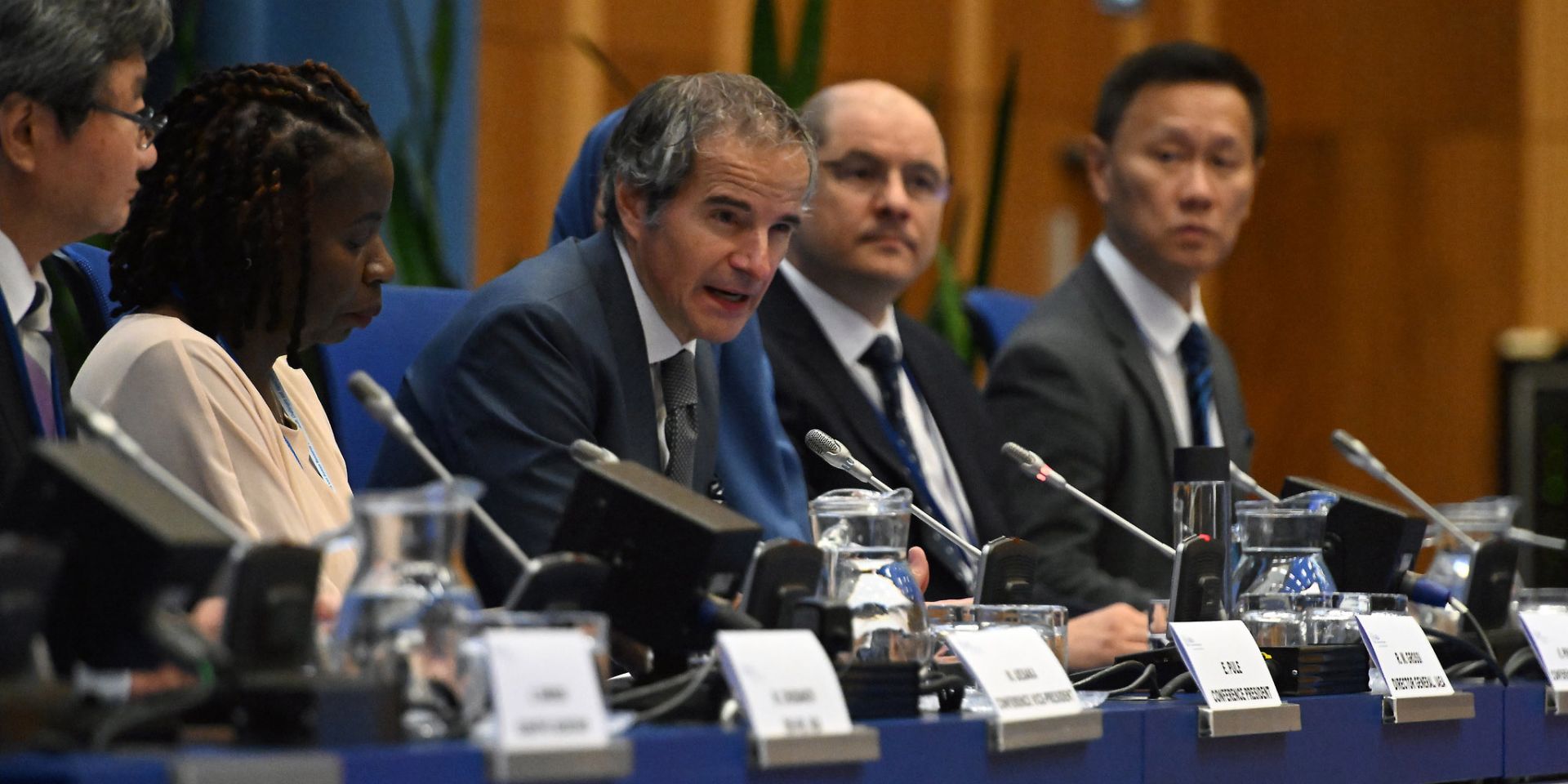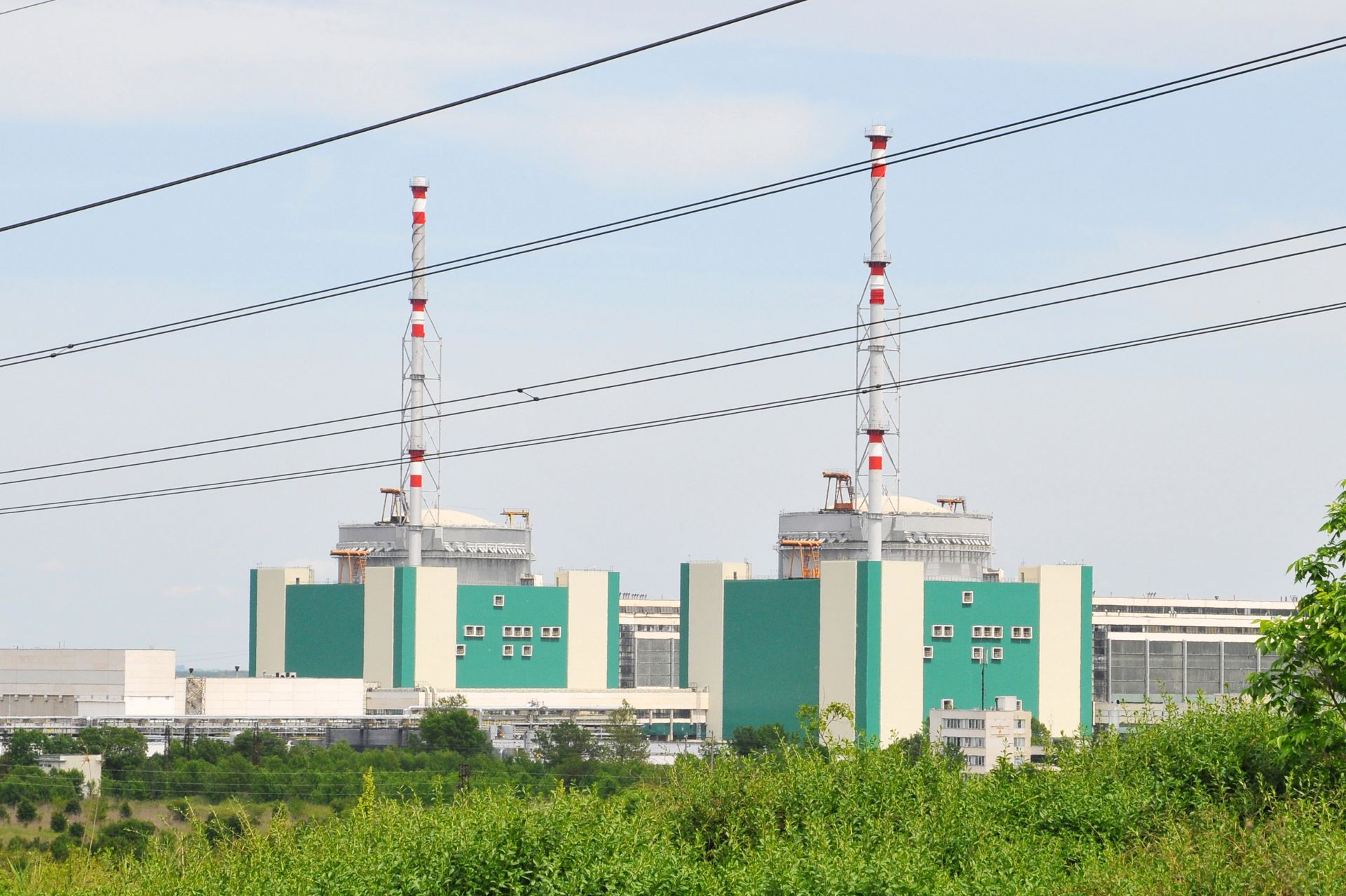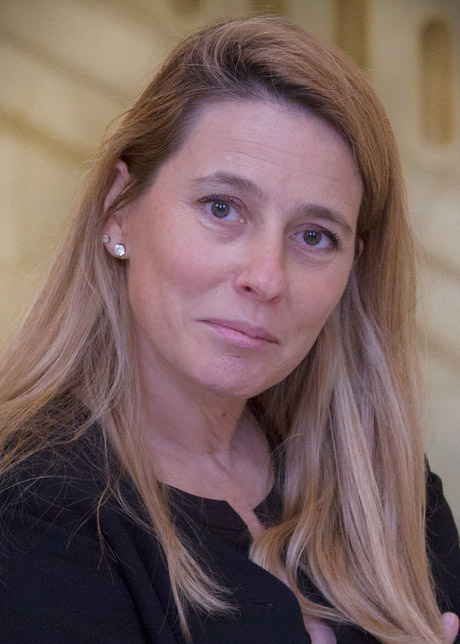Roadmaps conference lays out global push for nuclear power

World leaders outlined an ambitious push and targeted plans for increasing nuclear energy capacity at the Roadmaps to New Nuclear conference, held September 19–20 in Paris, France.

A message from Goodway Technologies
Ensuring Safety and Cleanliness: The Crucial Role of Industrial Vacuums in Nuclear Power Facilities

World leaders outlined an ambitious push and targeted plans for increasing nuclear energy capacity at the Roadmaps to New Nuclear conference, held September 19–20 in Paris, France.

Industry leaders from around the globe met this month to discuss the talent development that will be necessary for the long-term success of the nuclear industry.
The International Conference on Nuclear Knowledge Management and Human Resources Development, hosted by the International Atomic Energy Agency, was held in Vienna earlier this month. Discussed there was the agency’s forecast for nuclear capacity to more than double—or hopefully triple—by 2050 and the requirement of more than four million professionals to support the industry.

Magwood
As part of the Purdue University–Duke Energy Understanding Tomorrow’s Nuclear Energy lecture series, William D. Magwood IV, director general of the OECD Nuclear Energy Agency (NEA), delivered a lecture on October 24 at the Purdue Memorial Union Ballrooms. “The 21st Century Nuclear Resurgence: Opportunities and Challenges” was the third lecture in the series, which focuses on small modular reactors.
Magwood reviewed the factors that have led to the current increased interest in nuclear energy around the world, the serious challenges that must be quickly and adequately addressed, and the structural barriers that require new thinking by regulators and policymakers. He also commented on the ongoing Purdue-Duke study of the feasibility of using SMRs to meet the West Lafayette campus’s long-term energy needs.

U.S. energy secretary Jennifer Granholm and International Atomic Energy Agency director general Rafael Mariano Grossi met in Vienna yesterday during the agency’s 65th General Conference to launch preparations for the next IAEA International Ministerial Conference on Nuclear Power in the 21st Century, slated for October 26–28, 2022, in Washington, D.C.

Along with many other media outlets on March 11, the PBS NewsHour reported on the continuing recovery efforts from the earthquake and tsunami that devastated northeastern Japan 10 years ago. The segment, "Japan marks 10th anniversary of Fukushima nuclear disaster," is just over eight minutes long, most of which discusses the effects of the earthquake and tsunami on the region and Japan’s preparedness for the next major natural incident.

Bulgaria’s Kozloduy nuclear plant. Photo: Wikimedia Commons/Gogo89873
Bulgaria has become the 34th member of the Paris-based OECD Nuclear Energy Agency (NEA). With its several decades of experience operating VVER units, Bulgaria will reinforce the NEA’s capacity to address matters related to pressurized water reactor technologies and their operational characteristics, according to the NEA on January 4.
In addition, the NEA said that it will support Bulgaria’s efforts in technical and policy areas, including work to address nuclear skills capacity building, the development and application of nuclear data and simulation codes, and issues related to radioactive waste management, decommissioning, and nuclear economics.
 The levelized costs of electricity generation from low-carbon technologies, including nuclear, are dropping and are increasingly below that of conventional fossil fuel generation, concludes a new report from the International Energy Agency and the OECD Nuclear Energy Agency (NEA).
The levelized costs of electricity generation from low-carbon technologies, including nuclear, are dropping and are increasingly below that of conventional fossil fuel generation, concludes a new report from the International Energy Agency and the OECD Nuclear Energy Agency (NEA).
The 223-page report, Projected Costs of Generating Electricity—2020 Edition, the ninth such jointly produced analysis, includes plant-level cost data on power generation from nuclear, natural gas, coal, and a variety of renewable sources, including wind, solar, hydro, and biofuels. The report provides data from 243 plants in 24 countries.

Bilbao y León
ANS member Sama Bilbao y León, currently head of the Division of Nuclear Technology Development and Economics at the OECD Nuclear Energy Agency, will succeed Agneta Rising as the World Nuclear Association’s director general, the WNA announced this morning.
Rising, who took the reins of the WNA in January 2013, is the former vice president, environment, at Vattenfall AB; cofounder and former president of Women in Nuclear; and former president of both the European Nuclear Society and Swedish Nuclear Society. The WNA said that she is stepping down at the end of October “to move to new endeavors.” Rising will continue as director general until the end of October, with Bilbao y León serving as “director general in waiting” beginning October 5.